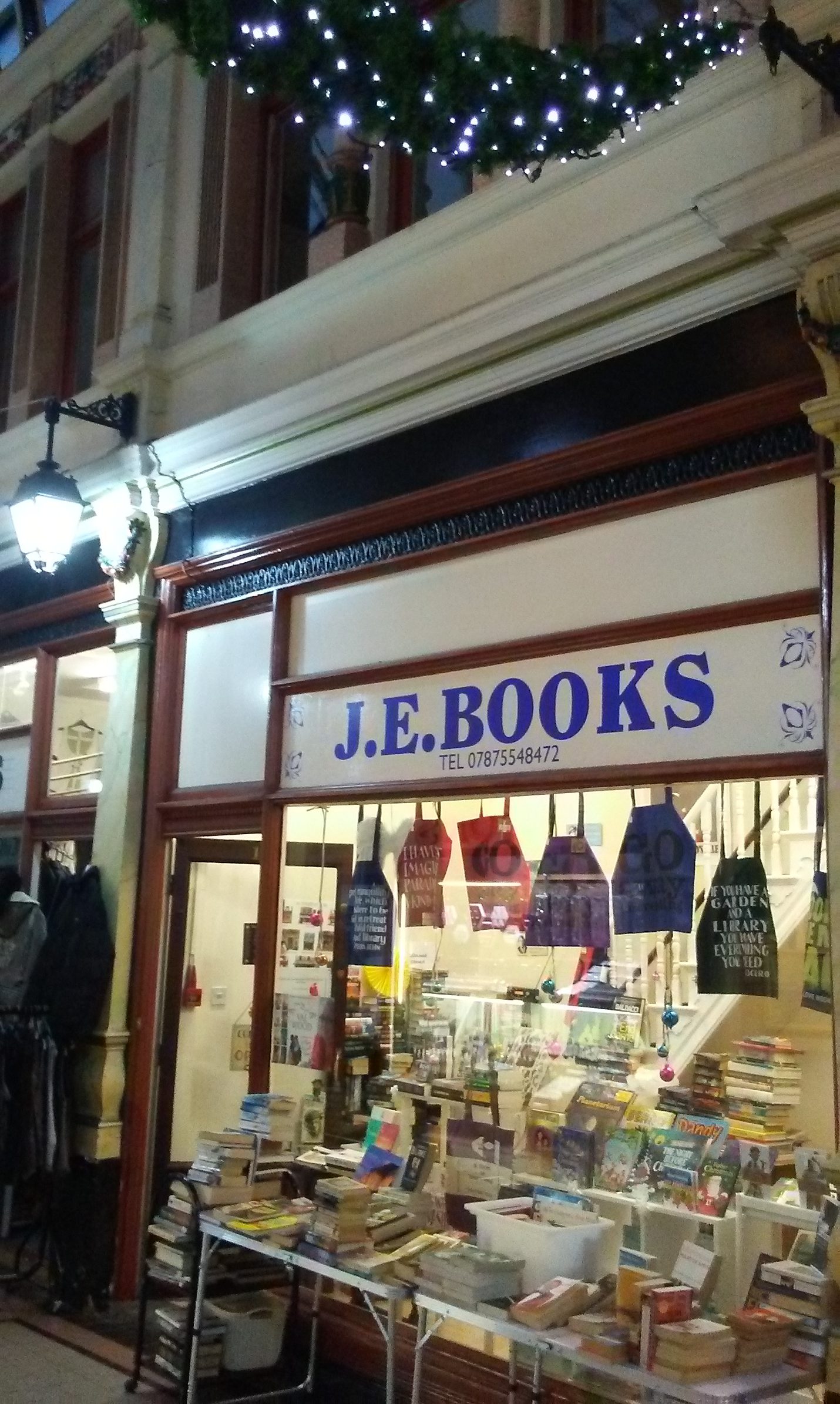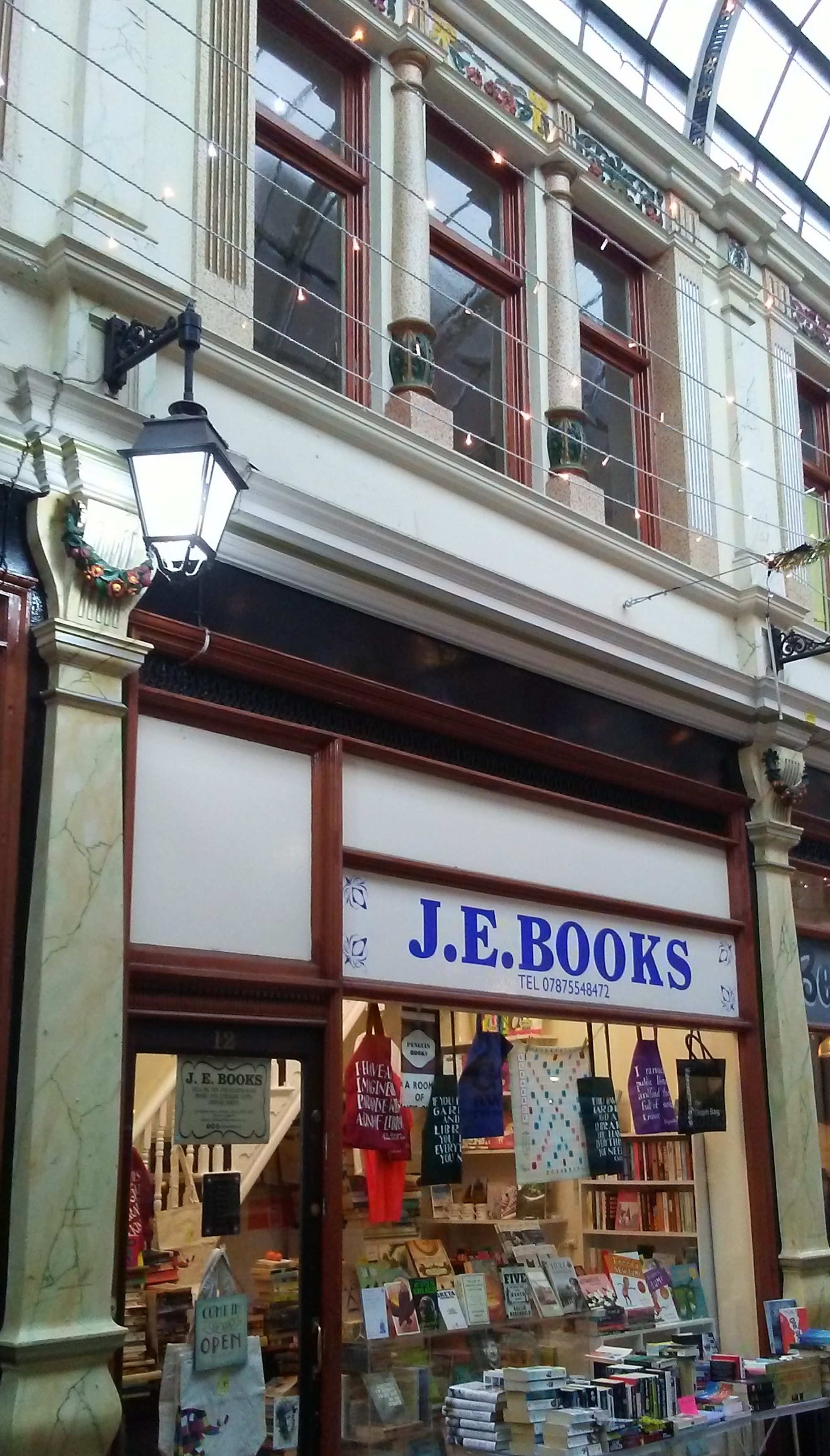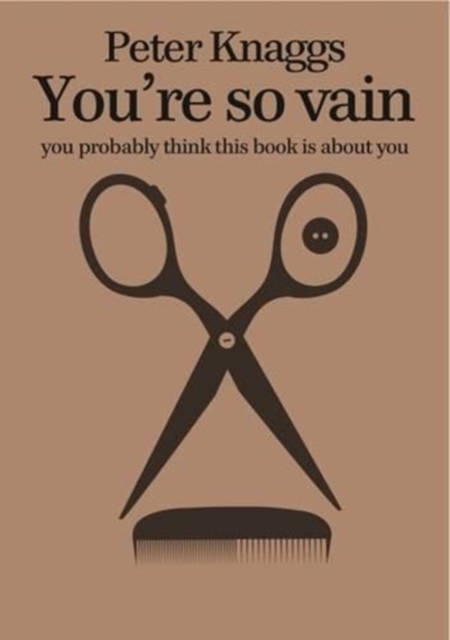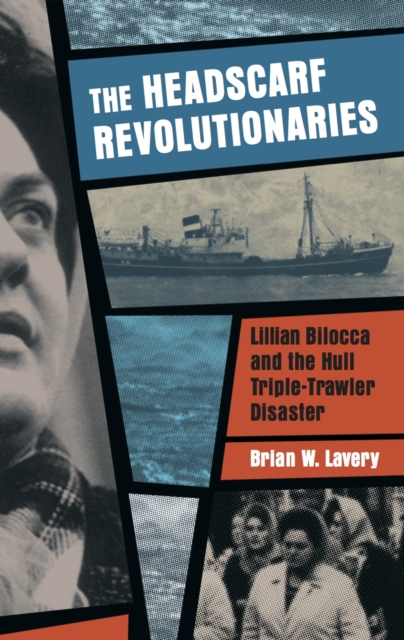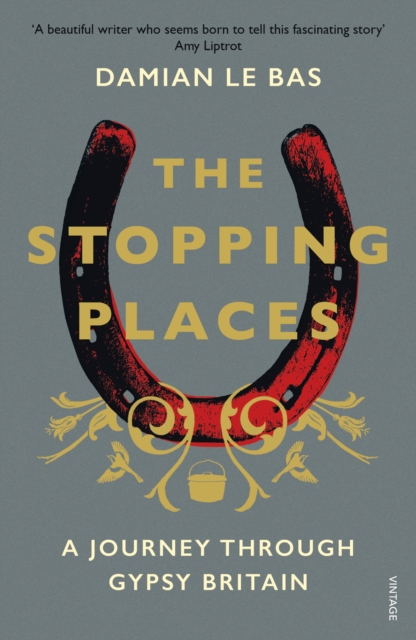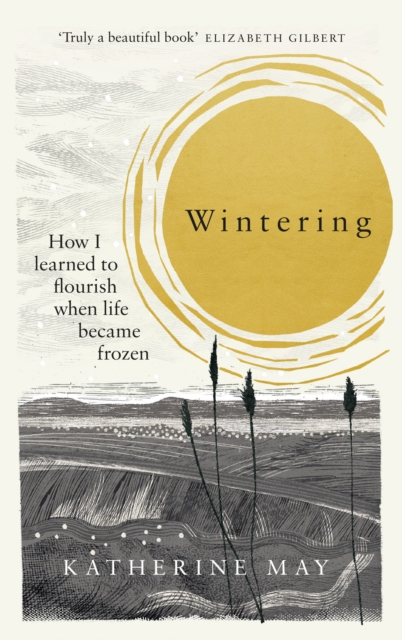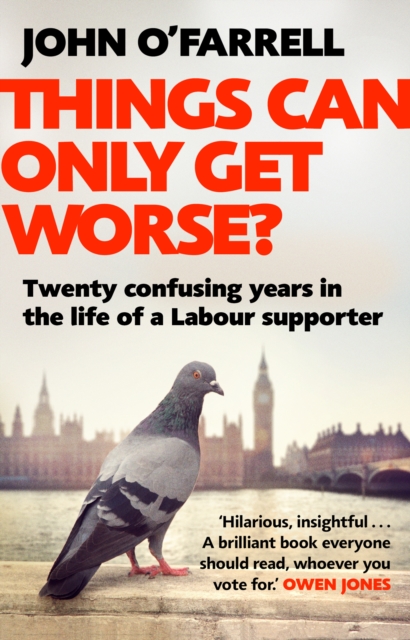Peter Knaggs, writer, top workshop runner and founder of Muesli Jellyfish has kindly agreed to answer my reading books questions – the first volunteer of 2021. Peter has written: Cowboy Hat and You’re So Vain You Probably Think This Book is About You, – longlisted for The Forward Poetry Prize – (available from J. E. Books) and the very limited Covid19 project, ‘Non-Essential Item.’ Publication of the pamphlet; ‘Behind The Ear Is As Good A Place As Any To Put Your Pencil.’ is imminent.
- What are you reading at the moment?
I tend to have quite a few books on the go, I’ve been greatly enjoying, ‘Bollywood, The Films, The Songs, The Stars.’ Yup! I’m a big Bollywood fan. I’ve got all the outfits.
I tend to have some poetry on the go, at the moment, John Burnside, Ivan Lalic, Charles Simic and the pick of the bunch, ‘The Art of Falling,’ by Kim Moore. It’s really great to have a new member of the club of top Yorkshire poets, and anyone looking for a refreshing poetry read, it gets my thumbs up.
I’ve been dipping into, ‘A Pocket Guide to Superstitions of The British Isles,’ by Steve Roud, and I loved, ‘My Own Worst Enemy,’ by local boy Robert Edric. Everyone from these parts should read Mister E, our very own Graham Swift. It’s a memoir, which shines a light on the uneasy relationship he has with his feckless father – while providing almost a social document – which yells (gently) at you, this is what it was like to grow up in the seventies.
I’ve also been reading the old Brockden Brown novel, ‘Memoirs of a Sleepwalker.’
2. Did you enjoy reading while growing up – if so, which comics/books and writers were your favourites and why?
Actually, No! I would have to say no. I have a large family, eight of us, and in our house there were almost no books. No one in my family read or shared great books with me. I can’t really think of any literature I enjoyed as a child, I was limited to a handful of Rupert Bear Annuals. If books were there, I am sure I would have wolfed them down. We only had two books in my childhood house, ‘The AA Illustrated Guide To The Countryside,’ and ‘James Herriot’s Yorkshire,’ and they were very much loved.
3. Which books do you recommend to others and why?
Authors I love are; Andre Dubus, Donald Goines, Dan Fante, Iceberg Slim, I would recommend Robert Edric, he’s great and resides in Hornsea, I’m a big fan of Larry Levis and Philip Levine and I’d recommend these two poets because they speak of the largely ignored working class. Right now I would say get reading anything by Martin Hayes, start with, ‘Roar,’ since Dan Fante died there has been a vacancy for best writer on the planet and our Martin might just be the man to fill it!
4. If any, which writers have influenced your writing?
Martin Wiley, Pablo Neruda, Edwin Morgan, Philip Levine, Galway Kinnel, Ian MacMillan, Charles Simic, Larry Levis, Roddy Lumsden, Milner Place, Patrick Kavanagh, Luis Rodriguez, Marin Sorescu, Brendan Cleary, Vasko Popa, Lorna Thorpe, Lisa Glatt, CK Williams, John Fante, Dan Fante – and the Dubus father and son, where do you stop? I guess here, today
5. Desert Island Question – which book would you take with you?
Not sure? as we are in the realms of fantasy, I’d really like a kind of message in a bottle service where corked whisky bottles roll in on the waves containing new Geoff Hattersley poems, oh and Bunny Yeager’s – Beautiful Backsides please.
To order Cowboy Hat and/or You’re So Vain You Probably Think This Book is About You from J. E. Books, you can get in touch by the contact form on this site or email jlellam@hotmail.co.uk – All orders over £40 have free postage and packaging.
